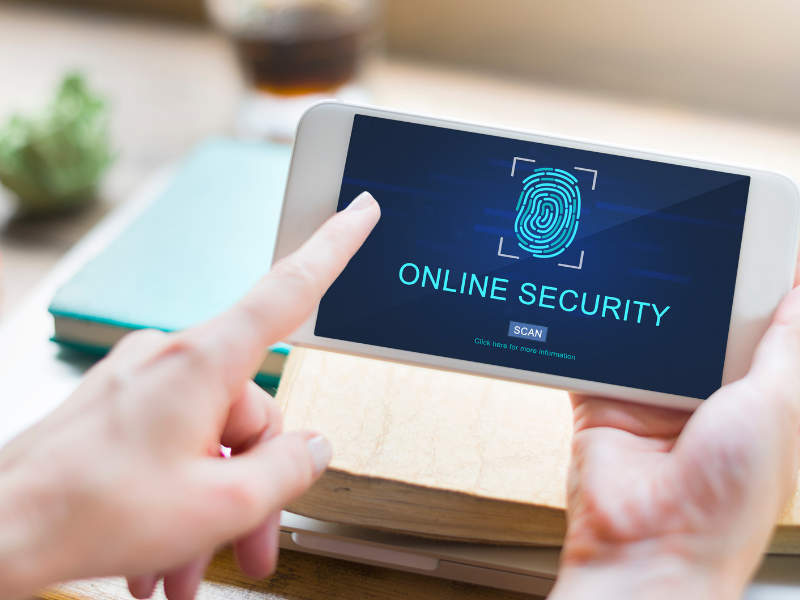5 Evergreen Ways Of Safeguarding Your Privacy and Security Online
Does the thought of your private information leaking on the Internet and making you a victim of Doxxing or identity theft scare the wits out of you? You may not be alone! A Pew Research Center survey in 2017 found that at least 49% of people surveyed admitted that they feel their personal information is less secure than it was five years ago. Moreover, the research also found that 64% had personally experienced a significant data breach.
Online privacy is a critical issue in the digital era. However, you can take certain measures as you continue to visit and explore the virtual world.
Here are some excellent ways of boosting internet privacy and gaining protection against online threats:
Use an anonymous search engine
Like most internet users, you may depend heavily on Google to satisfy most of your queries. However, in the presence of anonymous and safe search engines, you don’t need to. Search engines such as Startpage and DuckDuckGo don’t tailor advertisements as per user behavior or sell user data to advertisers. They also let you avoid the filter bubble of personalized search and ensure that all users come across the same search results for a given search term.
Get Two-Factor Authentication
Two-factor authentication may turn into a bit of a hassle, but it can give additional security to you online. It adds another layer of protection apart from the username and password. Gmail and Dropbox both offer 2FA, and you can also enable it on Facebook so that every time someone tries to log in to your Facebook from an unrecognized device, you receive a code on your phone that needs to be entered for a successful login. You can also use Google authenticator for 2FA of your Google accounts.
Encrypt Your Data
You can efficiently safeguard all your online browsing activities and transactions with the help of encryption software, which provides an encrypted tunnel for your incoming and outgoing data. They are known as Virtual Private Networks.
It is a good idea to use a VPN every time you connect to the Internet using a WI-FI network that you don’t know.
A VPN shields your IP address making all online activity completely untraceable. A VPN can also come in handy when you’re on a public WI-FI, where the risk of your data being intercepted is the highest. Many economical VPNs are available for as low as $1.16 a month. You can also go for a FREE one, although it’s not recommended because “when you are not paying for the product, you are the product.”
Secure Your Passwords
It would help if you used strong passwords with your computer devices, bank accounts, and social media. Be creative when choosing passwords – think of a unique or memorable phrase and use each of its letters in the new password. For instance, “I Love Chocolate Cakes Too Much” could become ILCC2m. You can also download and use the Google Password Manager app if you are not already doing so; and sync passwords for all online services you use.
Use A Credible Anti-Virus
An anti-virus serves as a primary weapon in your cybersecurity arsenal, especially if you are using a cracked version of Windows and don’t have the Windows defender available. It would be best if you had an excellent Anti-virus for protection from web-based threats along with those arising out of unsafe devices that you connect to your computer. Kaspersky is one of the leading Anti-virus software available for free, and you can rely on it.
Final Thoughts
Hopefully, we have covered the main tools and technologies you need to know about to achieve the ultimate security and protection in the online spaces. You may already be using most of these methods, but you get started in case you aren’t. Better late than never!
Also Read:
What is Exactly Rabbit? The Top Alternative of this Video Streaming Platform
A Comprehensive Guide On iPad Air 2 Screen Replacement

Post Comment